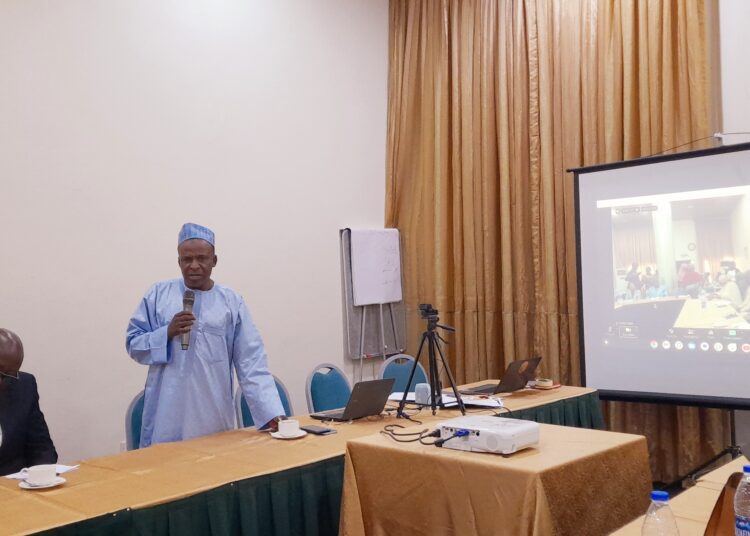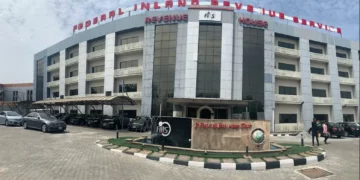The Center For Information and Information Technology (CITAD) has partnered stakeholders in public and private sectors, civil society organisations to discuss ways of promoting digital inclusion in Nigeria.
At the event held in Abuja, yesterday with the theme; “Partnership Building Meeting On Community Networks In Nigeria” the discussions centred on ways of providing internet and communication access to rural and underserved areas in the country.
Executive Director, CITAD, Yunusa Zakari Ya’u in his opening remark said the objective of the meeting is to bring government, private sector and civil society to discuss how to jointly work to ensure that every Nigerian has access to communication.
“We recognize that a lot of Nigerians have no access to the internet, and the government is not responsible for providing infrastructure, it is done by the commercial companies. As commercial entities, they also are there to make profit, and so they will not go to areas where profit is not assured, and people living in those areas are also Nigerians and are entitled to communication infrastructure.
“The United Nations has declared that no one should be left behind, that internet should be considered as first generation of rights, because it is the foundation for accessing digital rights, so it is recognized globally. So, we need to work together to address that problem of Nigerians who are left unconnected.”
Ya’u expressed hope that the discussion will help to create an understanding among the different stakeholders, in order to collectively agree on how to move forward.
Advising the government, he said; “We need a national policy on community networks because that is what will facilitate licensing, regulations and so on. Secondly, we need the focusing on the Universal Service Provision Fund (USPF). The USPF was established precisely to bridge the communication gap in the country to ensure that underserved areas are served, but it is not doing what it should do. So, we need government to implement policy on community networks and refocus on the job of the USPF.”
Also speaking, Executive Director, Initiative For Digital Inclusion (IDI), Mr Osondu Nwokoro said within the context of Last Mile Connectivity (LMC), there is a need to arrest the challenges militating against optimal LMC, particularly internet connectivity in unserved and under-served areas.
“So, you know everything is about policy, there should be an enabling environment for businesses. The regulators, NCC, Ministry of Communication, policy initiators have roles to play for internet connectivity providers in rural and unserved areas to thrive.
“There are challenges around the operating environment, which are access to funding and availability of resources required for internet providers in remote areas to operate. Secondly, these small-scale providers also have issues within themselves on how to run, operate, their management approach.”
Nwokoro advised small scale operators to review their approach to operations. “There are issues around capacity, they need to upskill. They need to understand the importance of governance, they also need to have structures, have board meetings.
On the side of government, he said NCC should put up a structure where funds can be provided to help the small operators to facilitate their operations.
“There is actually a provision in a section of the NCC Act, section 108 which says that the Universal Service Provision Fund which is an arm of the NCC that is supposed to support service provision in rural and unserved areas. The USPF is supposed to provide grants and support to community-based operators. The NCC through the USPF should implement that provision. Also, the bigger operators should be checked against pulling down the smaller operators while still protecting their business. The smaller operators should have a proper business and management structure.”
Stakeholders present at the event where drawn from ITAN, NCC, NIMC, SAGITA Systems, FCDO, NITDA and Galaxy Backbone.
Advertisement
We’ve got the edge. Get real-time reports, breaking scoops, and exclusive angles delivered straight to your phone. Don’t settle for stale news. Join LEADERSHIP NEWS on WhatsApp for 24/7 updates →
Join Our WhatsApp Channel










